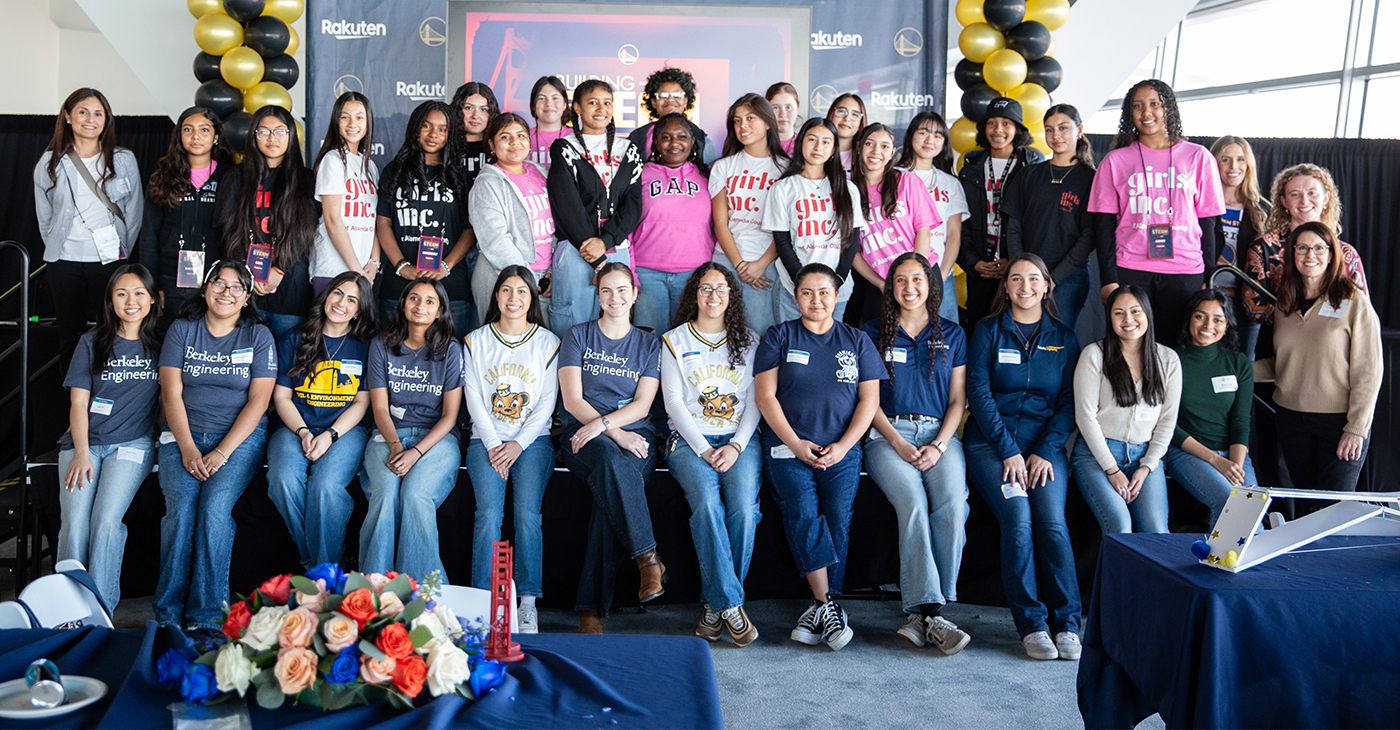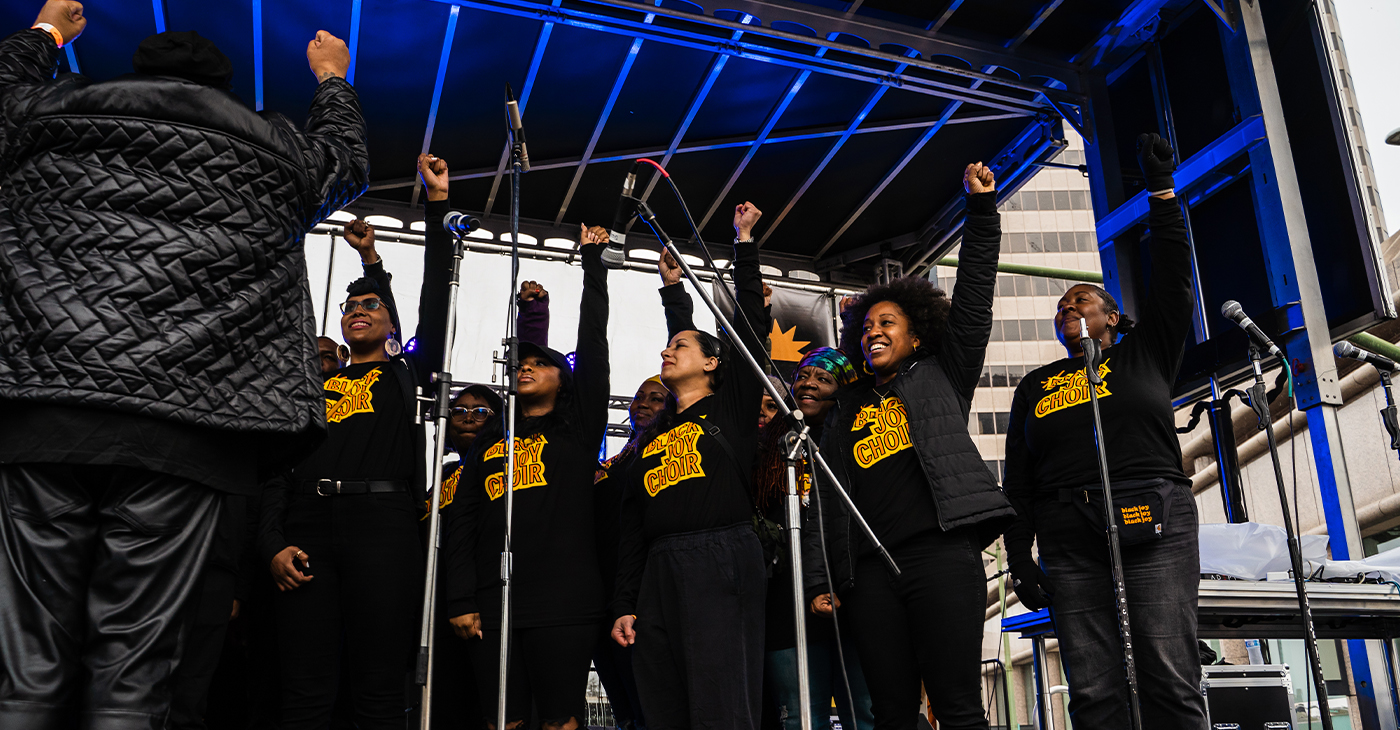Berkeley
Poor Sleep Linked to Toxic Buildup of Alzheimer’s Protein, Memory Loss
By Yasmin Anwar, UC Berkeley News
Poor sleep, more common in old age, is linked to the protein implicated in Alzheimer’s disease.
Sleep may be a missing piece in the Alzheimer’s disease puzzle.
UC Berkeley scientists have found compelling evidence that poor sleep — particularly a deficit of the deep, restorative slumber needed to hit the save button on memories — is a channel through which the beta-amyloid protein believed to trigger Alzheimer’s disease attacks the brain’s long-term memory.
“Our findings reveal a new pathway through which Alzheimer’s disease may cause memory decline later in life,” said UC Berkeley neuroscience professor Matthew Walker, senior author of the study published today in the journal Nature Neuroscience.
Excessive deposits of beta-amyloid are key suspects in the pathology of Alzheimer’s disease, a virulent form of dementia caused by the gradual death of brain cells. An unprecedented wave of aging baby boomers is expected to make Alzheimer’s disease, which has been diagnosed in more than 40 million people, one of the world’s fastest-growing and most debilitating public health concerns.
The good news about the findings, Walker said, is that poor sleep is potentially treatable and can be enhanced through exercise, behavioral therapy and even electrical stimulation that amplifies brain waves during sleep, a technology that has been used successfully in young adults to increase their overnight memory.
“This discovery offers hope,” Walker said. “Sleep could be a novel therapeutic target for fighting back against memory impairment in older adults and even those with dementia.”
The study was co-led by UC Berkeley neuroscientists Bryce Mander and William Jagust, a leading expert on Alzheimer’s disease. The team has received a major National Institutes of Health grant to conduct a longitudinal study to test their hypothesis that sleep is an early warning sign or biomarker of Alzheimer’s disease.
Heavy deposits of the toxic protein, beta-amyloid, shown in red in the brain on the right, are linked to poor sleep and may be paving the way for Alzheimer’s disease. A brain benefiting from deep sleep brain waves and an absence of beta-amyloid is shown on the left. (Photo courtesy of Bryce Mander and Matthew Walker)
While most research in this area has depended on animal subjects, this latest study has the advantage of human subjects recruited by Jagust, a professor with joint appointments at UC Berkeley’s Helen Wills Neuroscience Institute, the School of Public Health and Lawrence Berkeley National Laboratory.
“Over the past few years, the links between sleep, beta-amyloid, memory, and Alzheimer’s disease have been growing stronger,” Jagust said. “Our study shows that this beta-amyloid deposition may lead to a vicious cycle in which sleep is further disturbed and memory impaired.”
Using a powerful combination of brain imaging and other diagnostic tools on 26 older adults who have not been diagnosed with dementia, researchers looked for the link between bad sleep, poor memory and the toxic accumulation of beta-amyloid proteins.
“The data we’ve collected are very suggestive that there’s a causal link,” said Mander, lead author of the study and a postdoctoral researcher in the Sleep and Neuroimaging Laboratory directed by Walker. “If we intervene to improve sleep, perhaps we can break that causal chain.”
Activism
Golden State Warriors Program Is Inspiring Next Generation of Female Engineers
Breaking down barriers and biases that deter young girls from pursuing STEAM subjects is essential for creating a level playing field and ensuring equal opportunities for all. By challenging stereotypes and promoting a culture of inclusivity and diversity in STEAM fields, experts believe young girls can be empowered to pursue their interests and aspirations without limitations confidently. Encouraging mentorship, providing access to resources, and celebrating girls’ achievements in STEAM are all crucial steps in creating a supportive environment that fosters success.

By Y’Anad Burrell
The Golden State Warriors and e-commerce giant Rakuten are joining forces to inspire the next generation of female engineers through Building STEAM Futures, part of The City Calls campaign.
Organizers say the initiative is founded on the idea that science, technology, engineering, arts, and mathematics (STEAM) are crucial fields for innovation and progress, and empowering young girls to pursue careers in these areas is more important than ever. Studies consistently show that girls are underrepresented in STEAM fields, resulting in a gender disparity that limits potential and hinders diversity.
Breaking down barriers and biases that deter young girls from pursuing STEAM subjects is essential for creating a level playing field and ensuring equal opportunities for all. By challenging stereotypes and promoting a culture of inclusivity and diversity in STEAM fields, experts believe young girls can be empowered to pursue their interests and aspirations without limitations confidently. Encouraging mentorship, providing access to resources, and celebrating girls’ achievements in STEAM are all crucial steps in creating a supportive environment that fosters success.
On Saturday, March 8, International Women’s Day, the Warriors and Rakuten hosted 20 middle school girls from Girls Inc. of Alameda County at Chase Center’s Above the Rim for a hands-on bridge-building experience. The young girls from Girls, Inc. of Alameda County had an opportunity to design, build and test their own bridge prototypes and learn the fundamentals of bridge construction from the Engineering Alliance and the UC Berkeley Steel Bridge Team.
This STEAM experience for the girls followed the first session in January, where they took a behind-the-scenes tour of the Golden Gate Bridge, learning about its design and construction from industry experts. The City Calls campaign, tipped off with the unveiling the Warriors’ new bridge-themed City Edition jerseys and court design earlier this year.
Activism
Lawsuit Accuses UC Schools of Giving Preference to Black and Hispanic Students
The lawsuit also alleges UC is violating the Equal Protection Clause of the 14th Amendment and Title VI of the Civil Rights Act of 1964, which bars racial discrimination by federally funded institutions. In response, UC stated that race is not a factor in admissions, as per state law, and that student demographic data is collected only for statistical purposes.

By Bo Tefu, California Black Media
A lawsuit filed in federal court accuses the University of California (UC) of racial discrimination in undergraduate admissions, alleging that Black and Latino students are favored over Asian American and white applicants. The lawsuit, filed by the group Students Against Racial Discrimination, claims UC’s admissions policies violate Proposition 209, a state law passed in 1996 that prohibits the consideration of race in public education.
The lawsuit also alleges UC is violating the Equal Protection Clause of the 14th Amendment and Title VI of the Civil Rights Act of 1964, which bars racial discrimination by federally funded institutions.
In response, UC stated that race is not a factor in admissions, as per state law, and that student demographic data is collected only for statistical purposes.
Stett Holbrook, a spokesperson for the UC system, said the entity had not been served with the lawsuit.
“If served, we will vigorously defend our admission practices,” said Holbrook.
“We believe this to be a meritless suit that seeks to distract us from our mission to provide California students with a world-class education,” he said.
The complaint criticizes UC’s use of a “holistic” admissions process, arguing it replaces objective academic criteria with subjective considerations that disadvantage certain racial groups. It cites admission rate disparities at UC Berkeley, noting a decrease in Black student admissions from 13% in 2010 to 10% in 2023, compared to an overall drop from 21% to 12%.
The lawsuit follows the U.S. Supreme Court’s 2023 ruling banning affirmative action in college admissions, which has prompted challenges to race-conscious policies nationwide. The plaintiffs seek a court order preventing UC from collecting racial data in applications and request a federal monitor to oversee admissions decisions.
Activism
Black History Month in the Bay Features, Parades, Festivals and Speakers
Black History Month did not begin as Black History Month. In 1915 after the 13th Amendment was passed Carter G. Woodson and Jesse E. Moorland founded the Association for the Study of Negro Life and History (ASNLH). This organization sponsored the initiation of a national Negro History Week, which took place in February, the same week as Frederick Douglass’ birthday. During the Civil Rights Movement this transformed into the Black History Month we still celebrate today.

By Daisha Williams
Black History Month is a month that is centered in teaching, learning, and honoring the journey of Black people in America. Black people in America have faced discrimination, abuse, and every kind of mistreatment. Black History Month is about recognizing not only that history, but how far the community has come despite it, and celebrating Black joy.
Black History Month did not begin as Black History Month. In 1915 after the 13th Amendment was passed Carter G. Woodson and Jesse E. Moorland founded the Association for the Study of Negro Life and History (ASNLH). This organization sponsored the initiation of a national Negro History Week, which took place in February, the same week as Frederick Douglas’ birthday. During the Civil Rights Movement, this transformed into the Black History Month we still celebrate today.
There are many ways that people celebrate Black History Month and as always, the Bay Area has a little bit of everything.
Most popularly, the Eighth Annual Black Joy Parade will be taking place in Downtown Oakland on Feb. 23. The parade will begin at 14th and Franklin Streets at 12:30 p.m. There will be a festival after the parade ends lasting until 7 p.m. This is the largest Black Joy Parade and sure to be a fun time. Schools, community organizations, and performers can sign up to be in the parade by Feb. 6 on the Black Joy Parade website.
In line with the spirit of the month “From Black History to Black Futures” will take place on Feb. 23 from 2-5 p.m. in Vallejo. This event will show the breadth and beauty of Black life through showcasing speakers, artistic performances, and community booths. This free celebration is hosted by a community organization, Vallejo Building Black Power and Leadership, at 4380 Sonoma Blvd suite 224. The organizers ask that attendees register on Eventbrite because of limited space.
Similar events will be happening in San Francisco and San Leandro.
In San Francisco, Thrive City is hosting a free community event that includes performances of all kinds, from music to spoken word, with the headliner being August Lee Stevens. This event will take place at the Dance Mission Theater on Feb. 1 from 12-3 p.m. Though it is free, priority will be given to people who registered on Eventbrite.
In San Leandro, there will be the Black History Month RnB Day Market at 222 Davis St. This family-friendly event will be put on by the Downtown San Leandro Community Benefit District and include live music, dance performances and a fashion show. This free event will be on Feb. 15 from 12-6 p.m.
There are other ways to celebrate this month other than community festivals and block parties. For example, the College of Marin’s Umoja group is putting together a Black History Month Poetry Reading. This event will be free and take place on Feb. 19 from 12:40 to 1:30 p.m.
At the North Berkeley Senior Center there will be a Black History Month celebration hosted by the City of Berkeley, Health, Housing and Community Services, Mental Health Division. Keynote speaker Gigi Crowder, CEO of the Contra Costa County branch of the National Alliance on Mental Illness (NAMI) will be giving a talk on Feb 11 from 10 a.m. to 1 p.m.
A Black History Month celebration with line dancing, music, and food will be in the Richmond Memorial Auditorium on Feb. 22 1-3 p.m. with doors opening at 12:30. This event will be hosted by the City of Richmond and attendees must register in advance. Tickets are $15 and for more details contact 510-620-6793.
Musical expression has always been a vital part of Black culture, and Black people have contributed largely to the development of many music genres. Stockton Soul is honoring Black History Month with an ensemble created to highlight the legacy of Black music with influences like Curtis Mayfield and Isaac Hayes. The concert will be held on Feb. 15 with tickets for only $8 for adults.
-

 Activism4 weeks ago
Activism4 weeks agoOakland Post Endorses Barbara Lee
-

 Activism3 weeks ago
Activism3 weeks agoOakland Post: Week of April 2 – 8, 2025
-

 #NNPA BlackPress3 weeks ago
#NNPA BlackPress3 weeks agoTrump Profits, Black America Pays the Price
-

 Activism2 weeks ago
Activism2 weeks agoOakland Post: Week of April 9 – 15, 2025
-

 #NNPA BlackPress3 weeks ago
#NNPA BlackPress3 weeks agoHarriet Tubman Scrubbed; DEI Dismantled
-

 #NNPA BlackPress3 weeks ago
#NNPA BlackPress3 weeks agoTrump Targets a Slavery Removal from the National Museum of African-American History and Culture
-

 #NNPA BlackPress3 weeks ago
#NNPA BlackPress3 weeks agoLawmakers Greenlight Reparations Study for Descendants of Enslaved Marylanders
-

 #NNPA BlackPress3 weeks ago
#NNPA BlackPress3 weeks agoNew York Stands Firm Against Trump Administration’s Order to Abandon Diversity in Schools















































